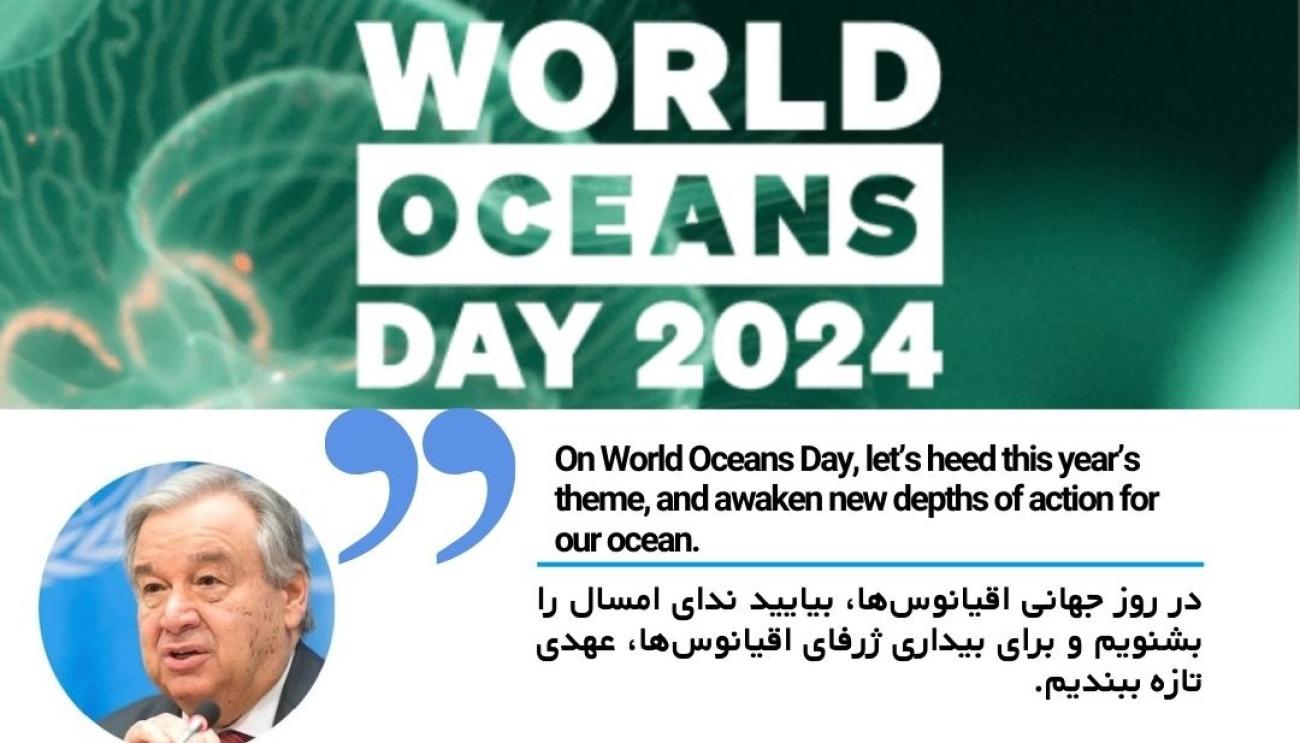But our ocean is in trouble. And we only have ourselves to blame.
Climate change is triggering rising seas and threatening the very existence of small island developing states and coastal populations.
Record sea temperatures are sparking extreme weather events that affect us all.
Ocean acidification is destroying coral reefs, breaking a vital link in food chains and threatening tourism and local economies.
And unsustainable coastal development, overfishing, deep-sea mining, unchecked pollution and plastic waste are wreaking havoc on marine ecosystems across the globe.
Yet there are glimmers of hope.
Last year, the UN General Assembly adopted the historic Agreement under the United Nations Convention on the Law of the Sea on the Conservation and Sustainable Use of Marine Biological Diversity of Areas Beyond National Jurisdiction — the most significant new treaty on ocean governance in decades.
The process underway to develop a legally binding treaty to end plastic pollution provides another opportunity to advance our shared goal of protecting our ocean.
The recent opinion by the International Tribunal for the Law of the Sea is another breakthrough, calling on nations to take measures to reduce, control and prevent marine pollution caused by greenhouse gas emissions.
This year’s Summit of the Future and next year’s UN Oceans Conference in France are further opportunities to commit to action that can restore and protect our precious marine and coastal ecosystems.
Now is the time for governments, businesses, investors, scientists and communities to come together in defense of our ocean.
On World Oceans Day, let’s heed this year’s theme, and awaken new depths of action for our ocean.


